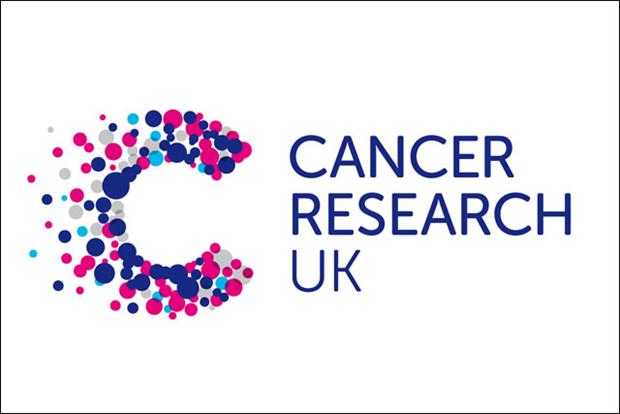Share this Page:
A retrospective study of the use of targeted therapies for advanced renal cell carcinoma (RCC) in war veterans in the USA reported poorer overall survival outcomes than those from clinical trials, as well as shorter treatment durations for first-line therapies with more frequent adverse events, dose reductions, and drug discontinuations. The study was published in Cancer Medicine in late September 2019.
Two hundred and eighty-six (286) male patients who were diagnosed with advanced clear cell RCC between 2010 and 2014 were enrolled in the study across the USA and followed through September 2016. Sixty-six (66) patients (23.1%) didn’t receive medications for their advanced RCC. For the 220 remaining patients, the most common first-line treatments were the tyrosine kinase inhibitors sunitinib (61.8%) and pazopanib (17.3%), and the mTOR inhibitor temsirolimus (10.9%).
Median duration of first-line treatment was just under 3 months in this study, while duration of treatment in clinical trials is around 8 months. Most adverse events were similar to those reported in clinical trials (e.g., thrombocytopenia, nausea, vomiting, diarrhoea, and liver toxicities), but they occurred more frequently and seemed to result in more dose reductions and discontinuation of treatment than in clinical trials.
Overall survival for the war veterans on targeted therapy was 1.28 years from the date of diagnosis. Patients seemed to survive longer in clinical trials, with median survival from the time of diagnosis at 2.36 years for patients on pazopanib and 2.43 years for those who got sunitinib.
“I think the biggest reason for why we saw a difference is really our patient cohort that we’re studying: they’re older, with multiple co-morbid conditions — so older, sicker patients” compared with clinical trial participants, explained Francesca Cunningham, from the Veterans Affairs Center for Medication Safety. In addition, the patient numbers were relatively small.
The findings from this study highlight the limited generalisability of clinical trial results to patients in the real world. “One of the ways that you can consider dealing with that is to broaden the inclusion criteria in clinical trials so that they are more generalisable.” said one of the authors of the study. However, loosening the enrolment criteria may have some drawbacks, “a significant advantage would be that the clinical trial results would be a little more informative about what patients can expect.”














